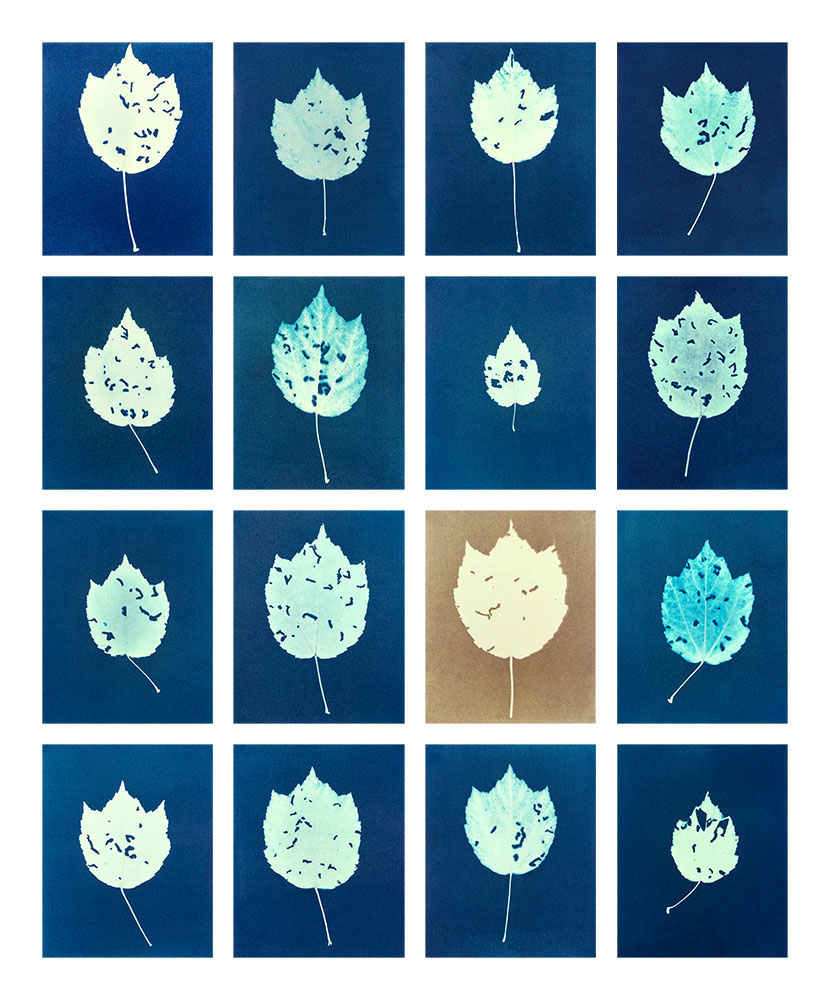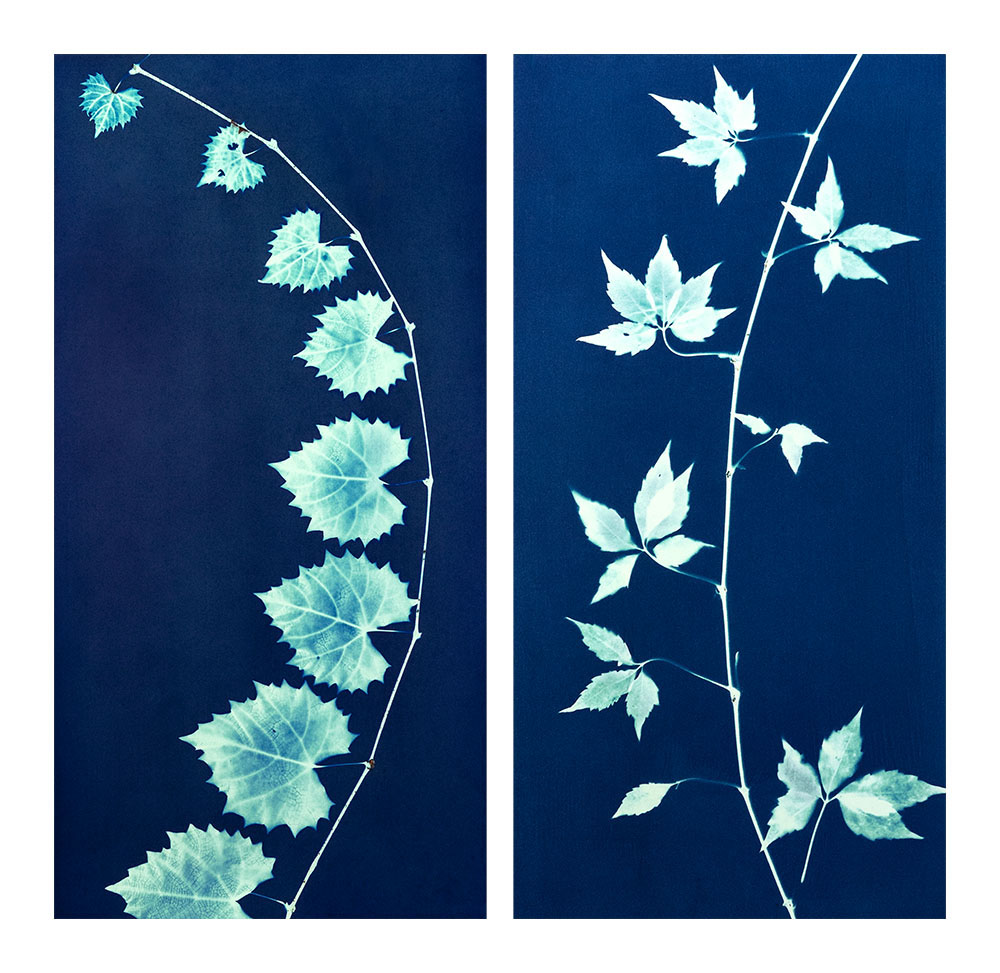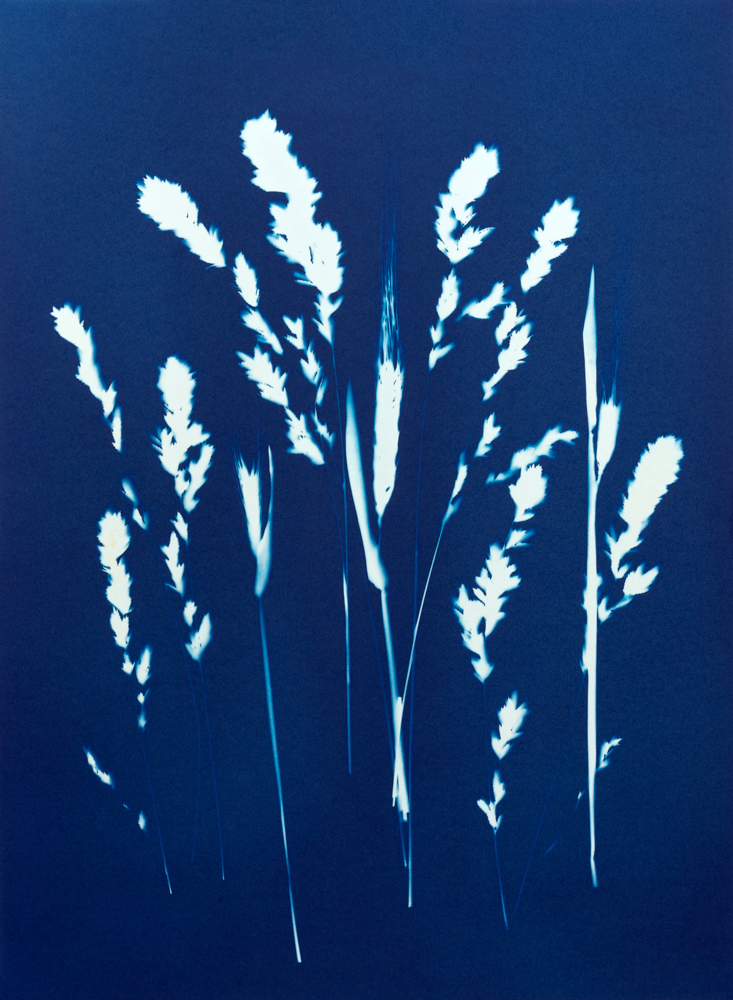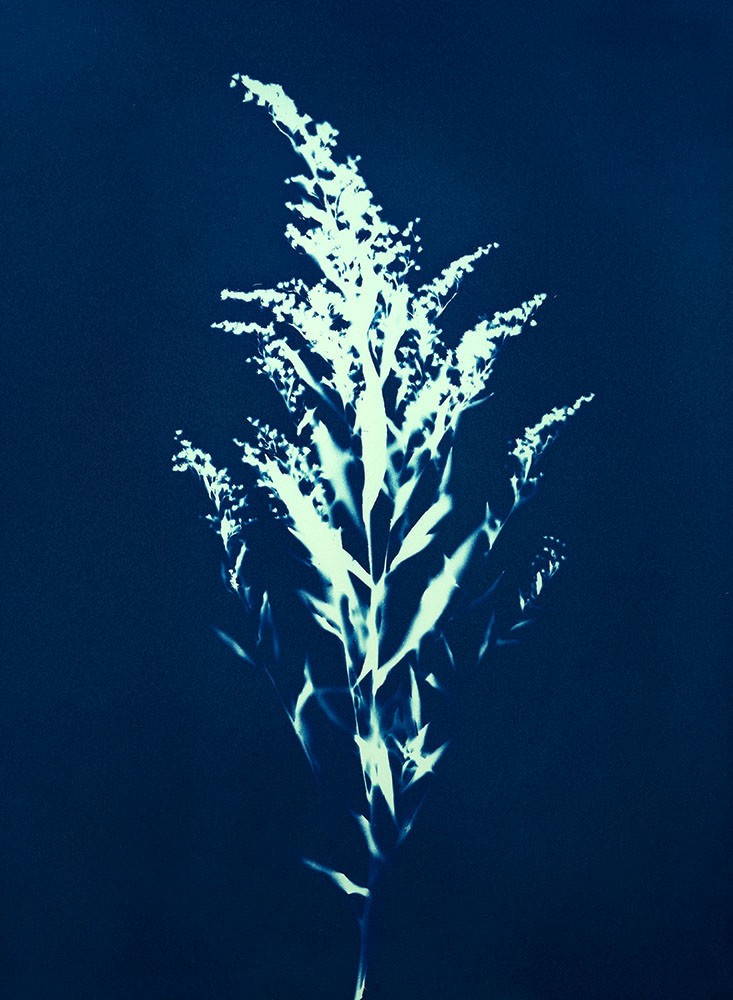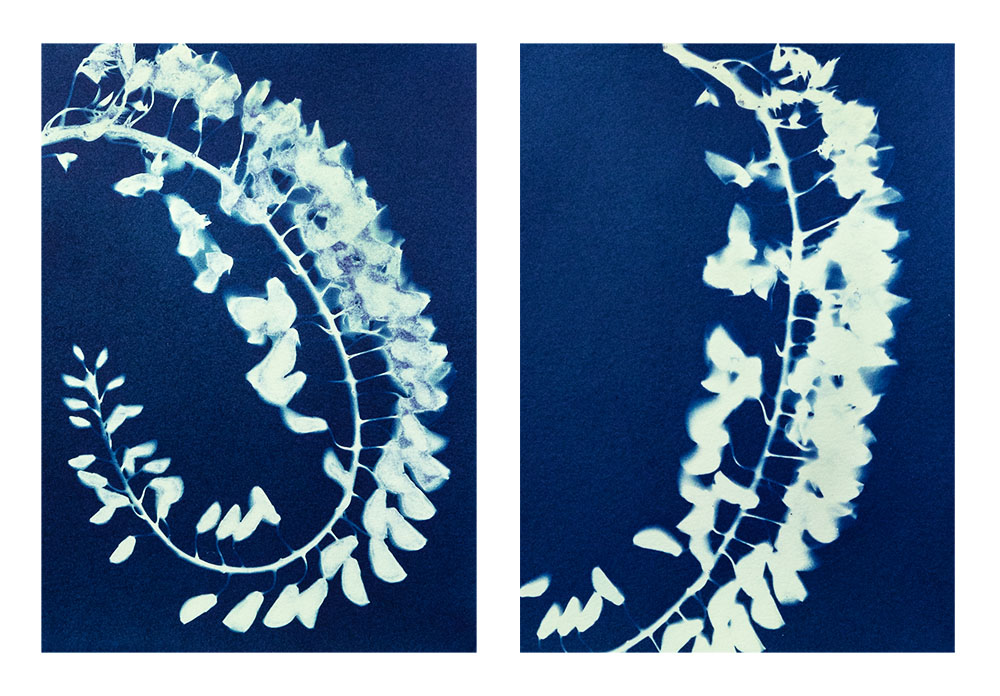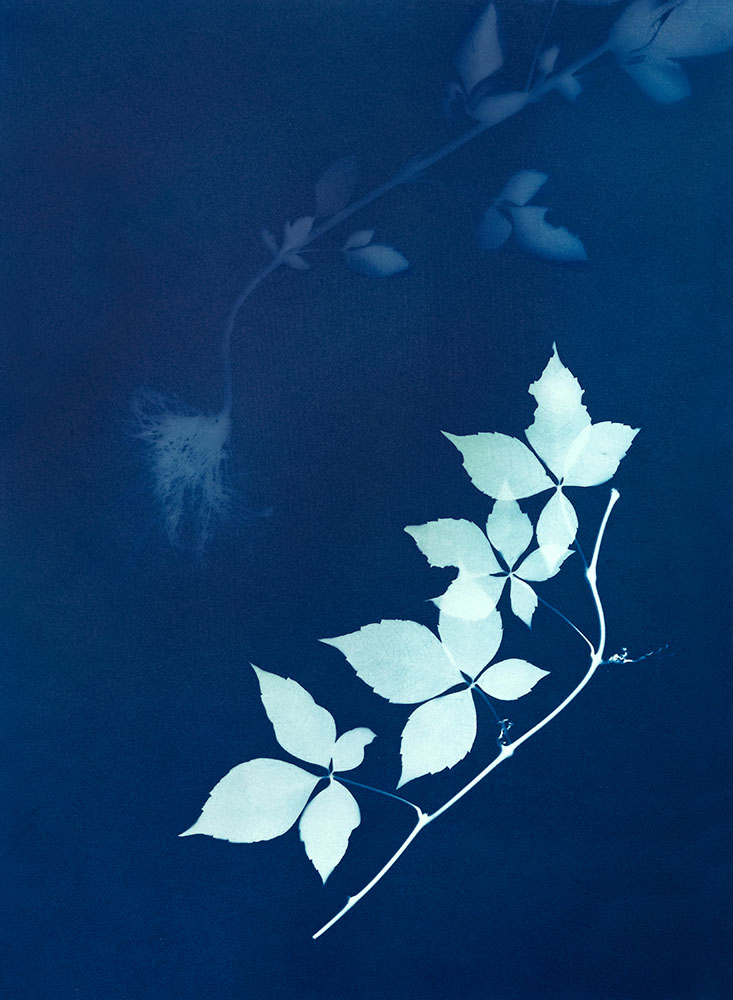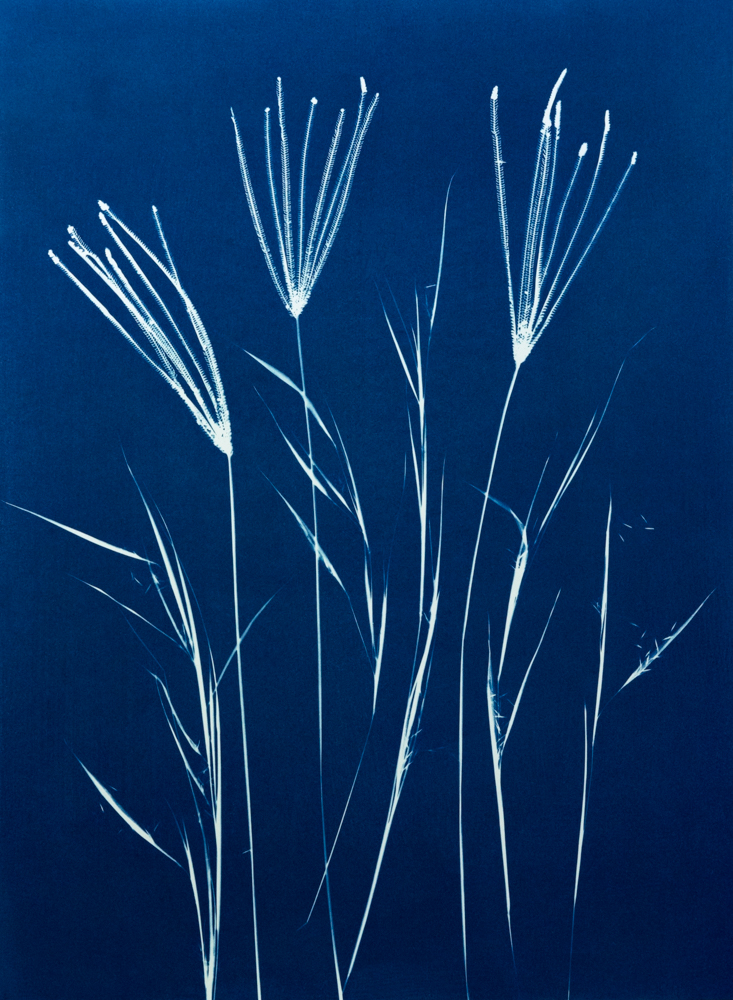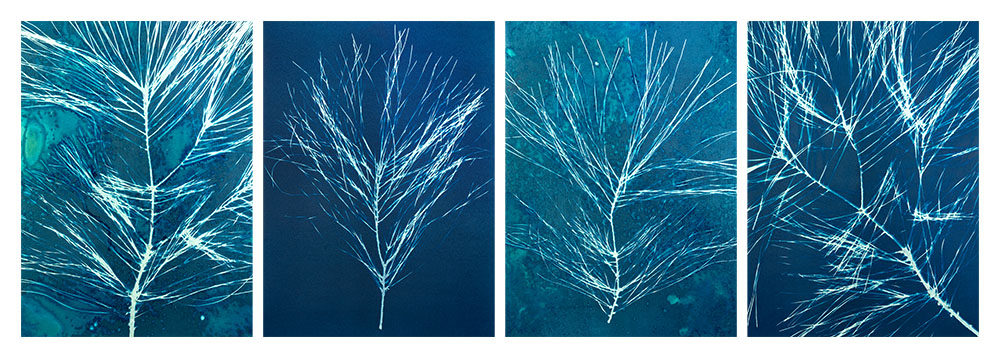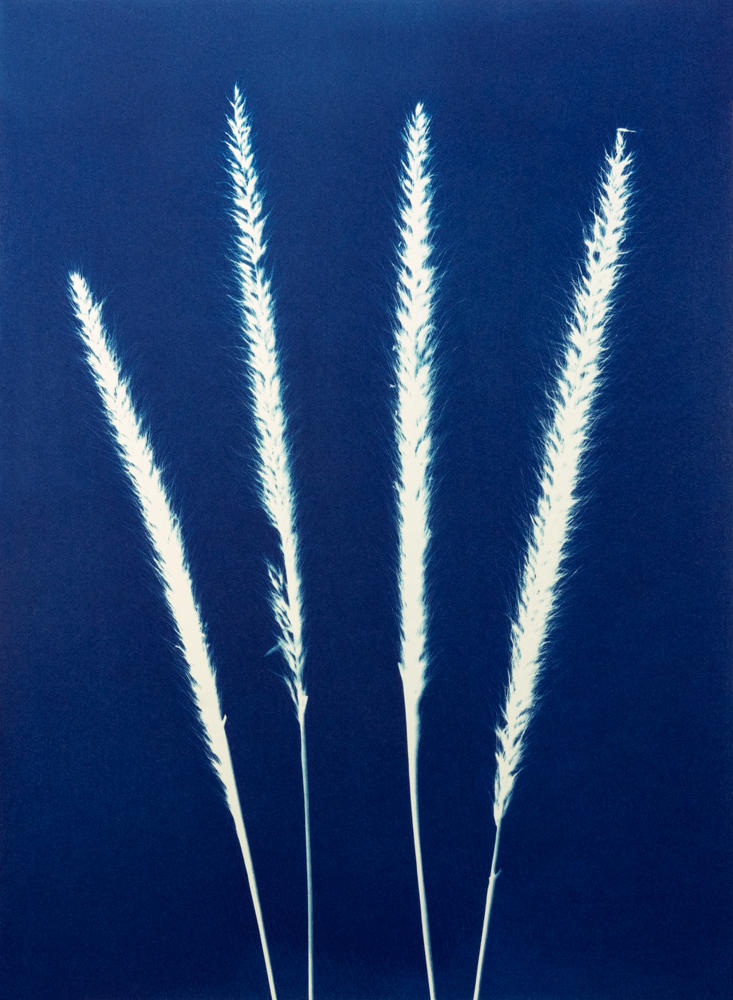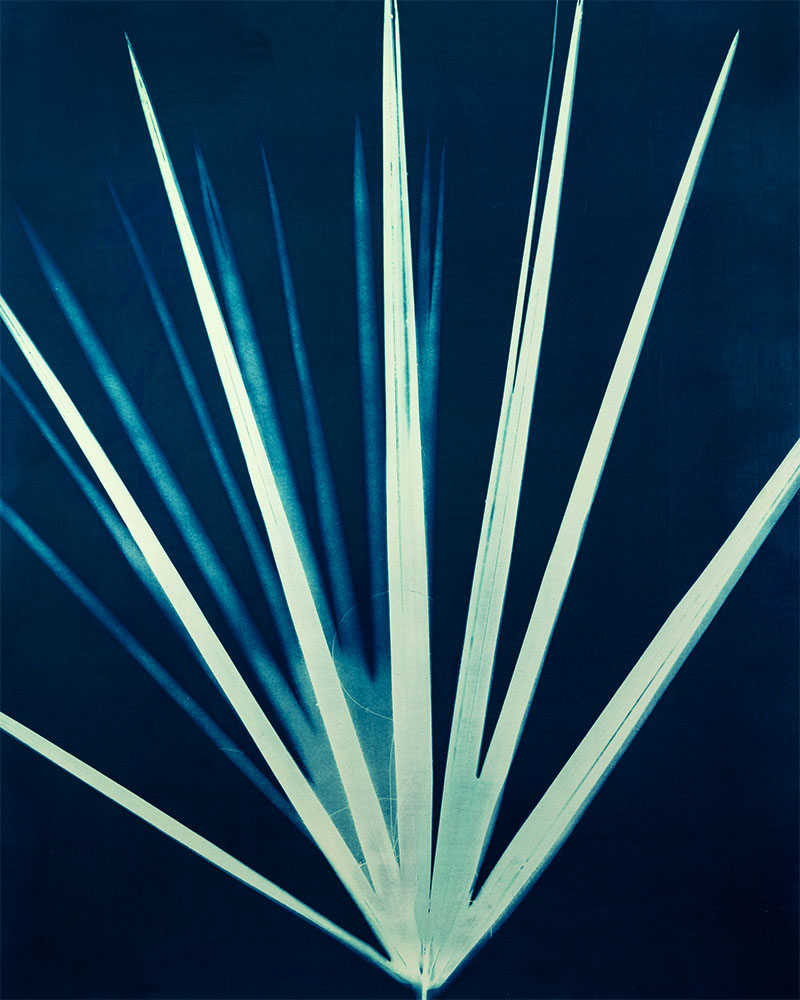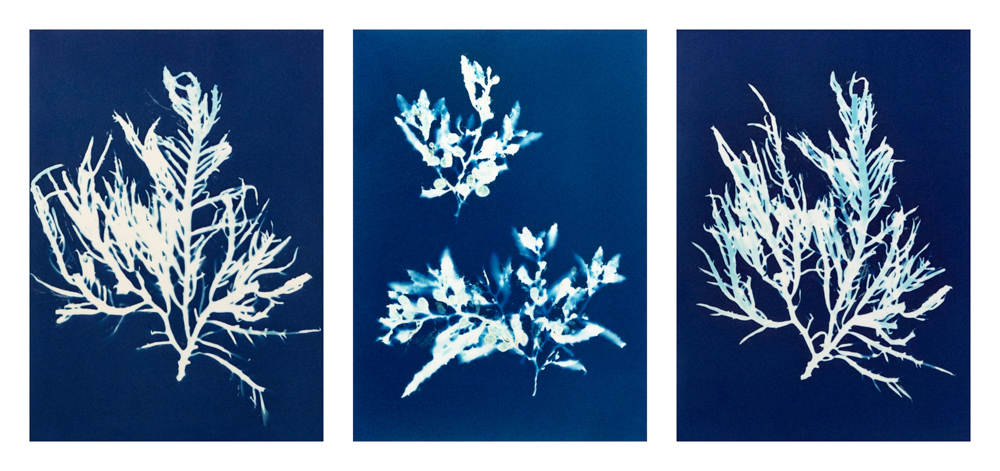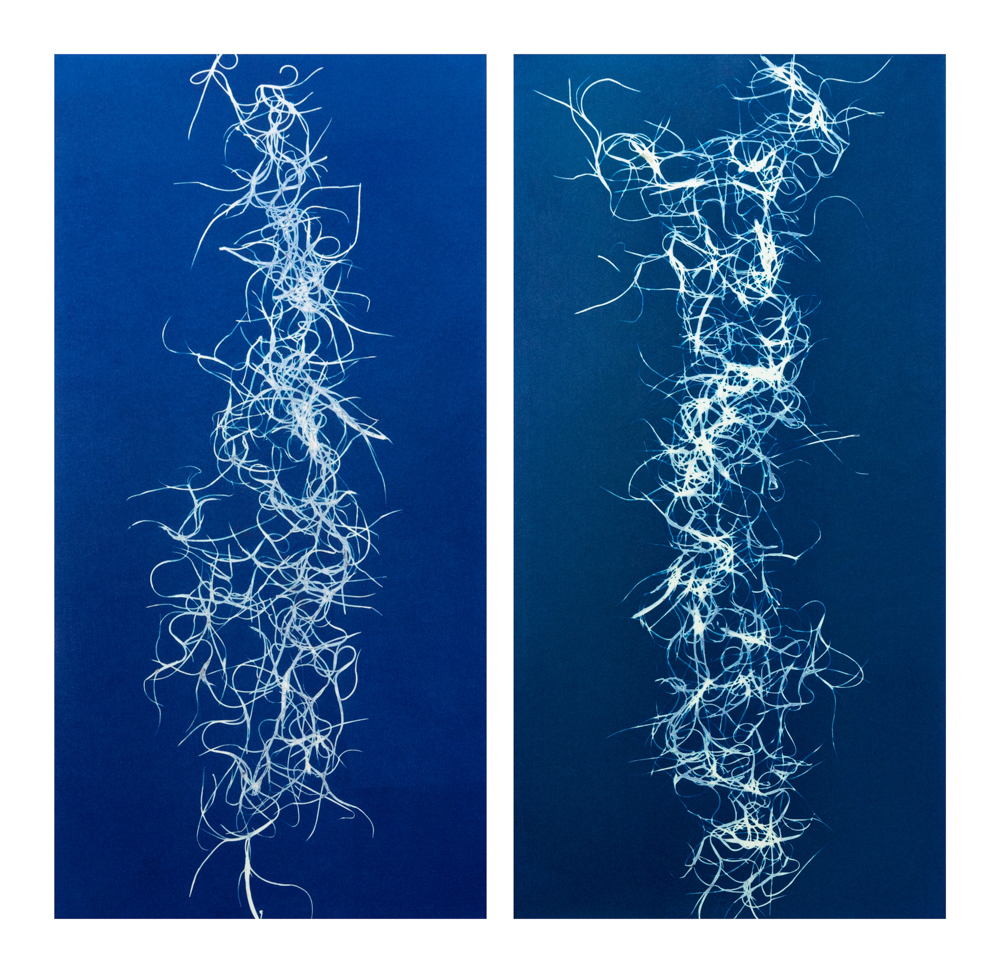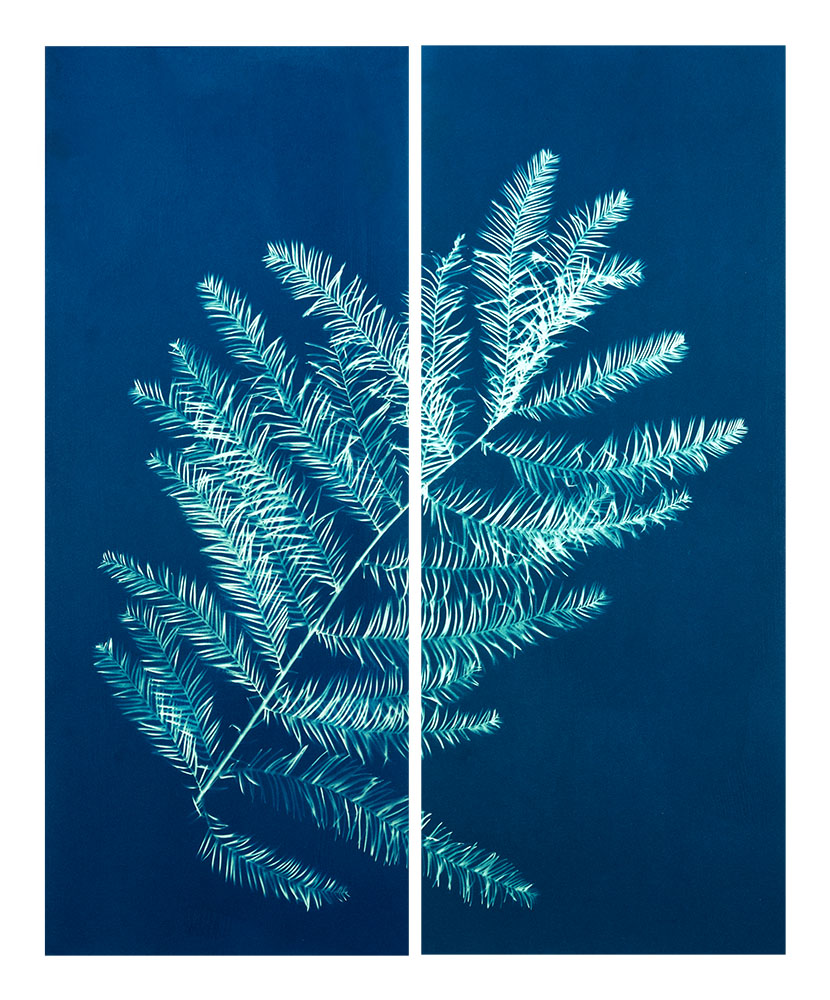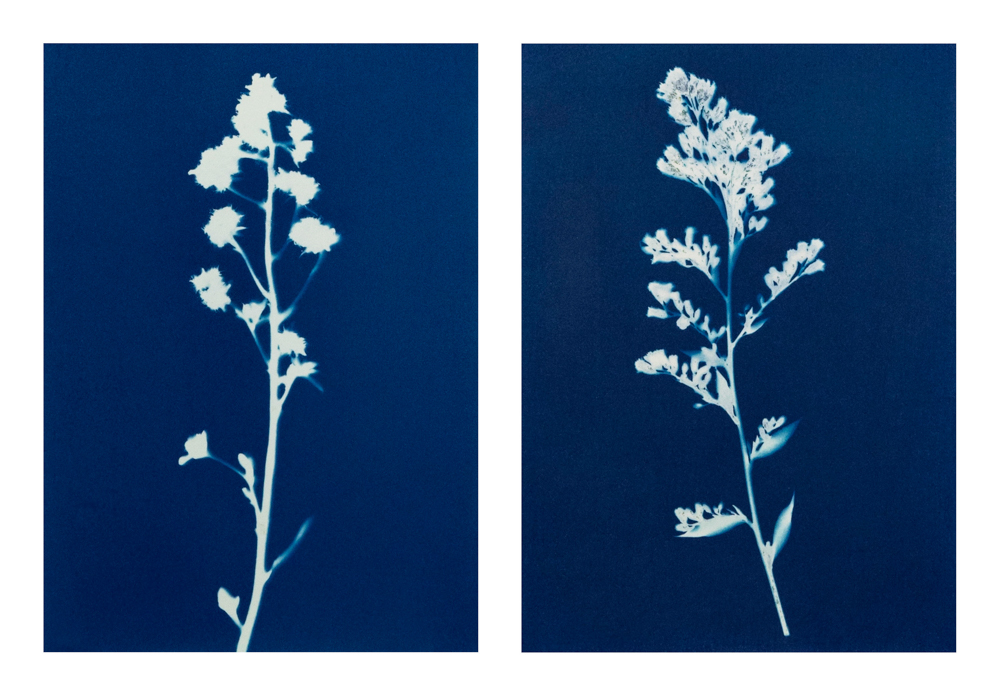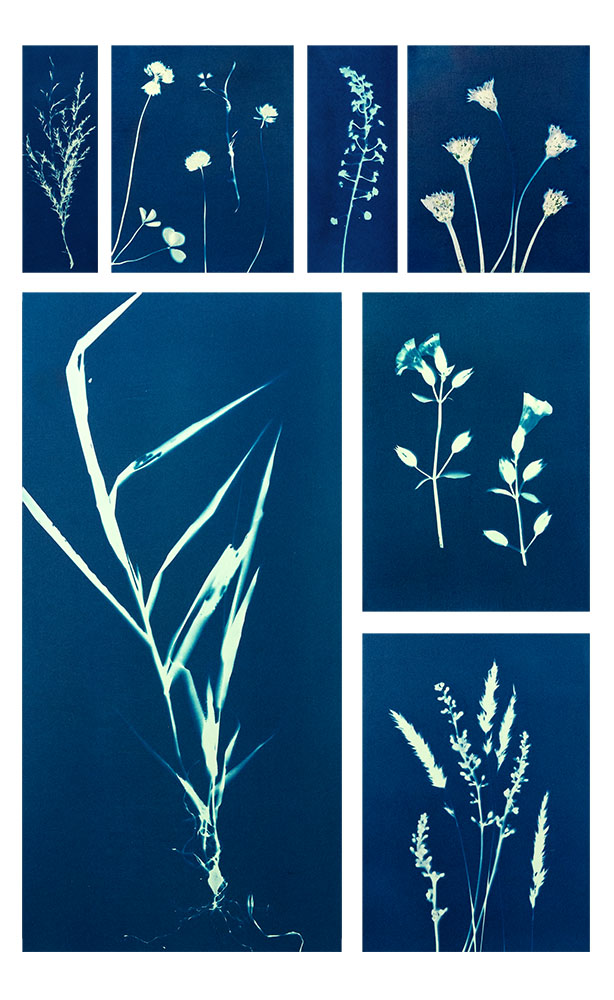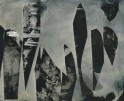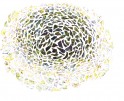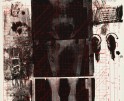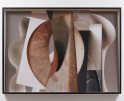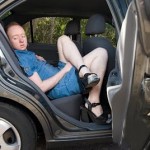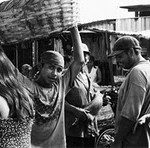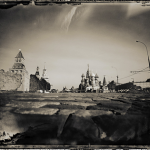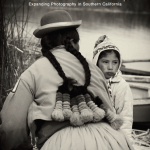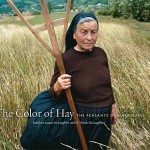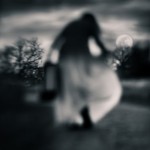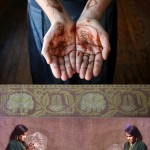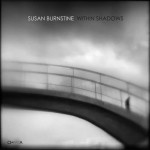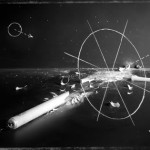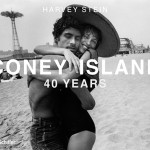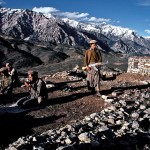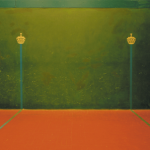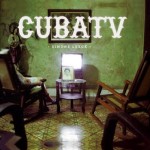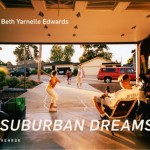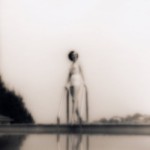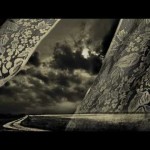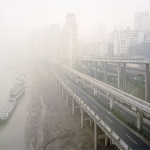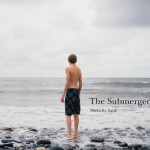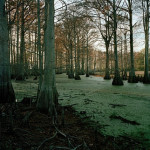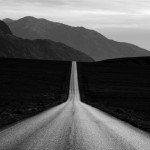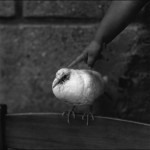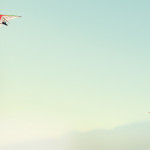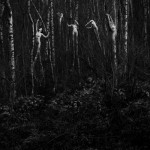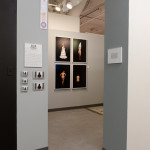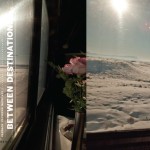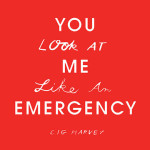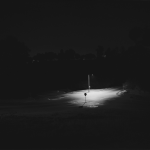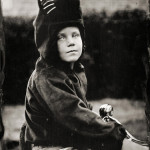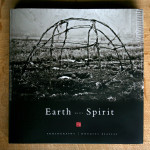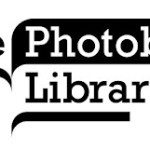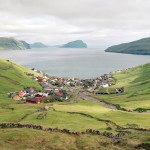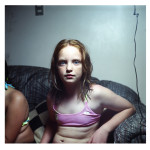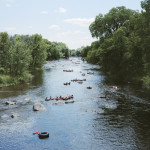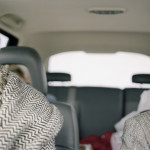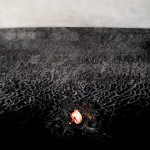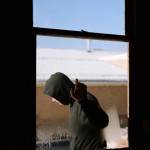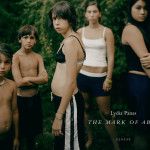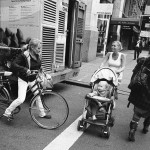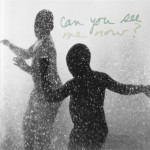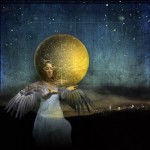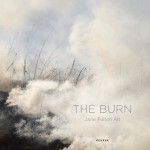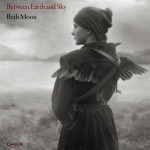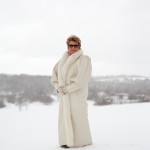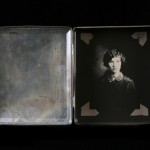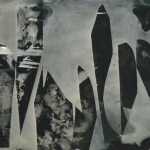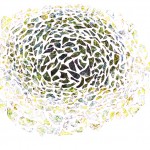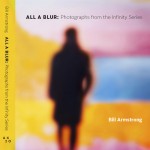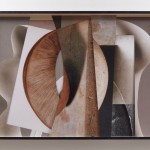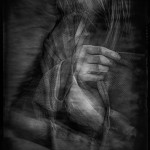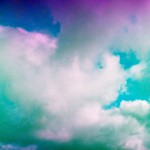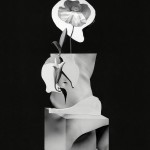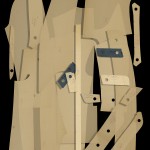Ashley Jones and Danea Males: Home – Land
This week, we will be exploring projects inspired by place. Today, we’ll be looking at Ashley Jones and Danea Males’ series Home – Land.
I was first introduced to the works of Ashley Jones and Danea Males while scrolling through Instagram. Collaboration in the arts can be difficult, letting go of your baby (artwork) and allowing another hand to play a role in the work. Danea and Ashley have been doing a fantastic job with their collaborative series. They both are interested in my favorite photographic explorations – American culture and history. They pare down these ideas to focus on landscape and the environment in history. Their use of the cyanotype process brings in a conversation on the history of photography, where Ashley uses a more traditional approach to the historic blue process, and Danea creates images using the wet-cyanotype process. When their images are paired together, a dialogue about nature and aesthetics takes place.
Ashley Jones and Danea Males are both photographers and collegiate educators living in Greenville, South Carolina. Their first curatorial project, To Do, To Undergo, To Look was an exhibition featuring emerging artists from South Carolina. Their collaboration, Some Kind of Blue, has been exhibited in Texas and Georgia. A selection of their cyanotype photographs were recently included in nice; 01, an exhibition curated by Midwest Nice Art Collective, at Northern State University.
Follow Ashley and Danea on Instagram at: @ajonesfromtheroad and @daneamales
Epiphany Knedler: How did your project come about?
Ashley Jones and Danea Males: In recent years, we both moved to South Carolina from Georgia and Texas. Our love of photography and the outdoors brought us together. As our friendship grew, we began collaborating on curatorial projects and photographic bodies of work. As artists and educators, we both enjoy the history of photography and making work about landscape. Coincidentally, we both were interested in utilizing cyanotype to explore plant life as it relates to places we have lived.
EK: What relationship does place or location play within your practice?
AJ+DM: Place is crucial to our photographic practice. In the beginning of our collaboration, we were both printing with a variety of flowers, leaves, and grasses. We began to contemplate the native and invasive plant life that represents where we have lived, and sought to create work that is both scientific exploration and creative expression.
For Home – Land, we traveled around our various home states of Florida, Georgia, and Texas. Taking the cyanotype process out of the studio presented a few challenges, and created new opportunities for experimental use of the medium. Printing on location requires traveling with many supplies, and we are reminded that the art of photography has not always been compact or convenient. Like the frontier photographers of the old west, we travel with our “darkroom” in tow.
EK: Can you tell us about your artistic practice?
AJ+DM: We both have a deep appreciation for historic photography, and use cyanotype in our artwork. Cyanotype is a historic printing technique that requires the application of light sensitive chemistry to paper. When the coated paper is exposed to sunlight, the final image will be a unique blueprint. Cyanotype photography dates to 1842, and a few early practitioners found the process helpful in the scientific study of plants and algae. The accuracy rendered in a cyanotype print was often preferred to an illustration drawn by hand.
EK: Who or what was the inspiration for this project?
AJ+DM: We have both photographed the landscape in our individual work, and familiar themes continue to resonate in our current collaboration. Anna Atkins, a botanist and early practitioner of cyanotype, has always been an inspiration for this work. She was known to collaborate with fellow botanists and photographers. Sharing resources in the service of scientific discovery was a driving force for her work. The way Bernd and Hilla Becher traveled to make work is also a fascinating approach to image making and documentation. They traveled from one place to the next, methodically documenting and exhibiting their findings as typologies.
EK: What’s next for you?
AJ+DM: Land is a consistent theme within our work and our creative practice continues to be driven by an exploration of history, landscape and place. We are considering using different mediums and processes as Home – Land evolves. We plan to continue field work in our home states to further immerse ourselves within the landscape and to research the diverse plant life in the south.
Epiphany Knedler is an imagemaker sharing stories of American life. Using Midwestern aesthetics, she creates images and installations exploring histories. She is based in Aberdeen, South Dakota serving as a Lecturer of Art and freelance writer. Her work has been exhibited with Lenscratch, Dek Unu Arts, F-Stop Magazine, and Photolucida Critical Mass. She is the co-founder of MidwestNice Art.
Follow Epiphany Knedler on Instagram: @epiphanysk
Posts on Lenscratch may not be reproduced without the permission of the Lenscratch staff and the photographer.
Recommended
-
Photography Educator: Erin Ryan StellingJanuary 9th, 2026
-
The Female Gaze: Alysia Macaulay – Forms Uniquely Her OwnDecember 17th, 2025
-
Bill Armstrong: All A Blur: Photographs from the Infinity SeriesNovember 17th, 2025
-
Robert Rauschenberg at Gemini G.E.LOctober 18th, 2025
-
Erin Shirreff: Permanent DraftsAugust 24th, 2025

